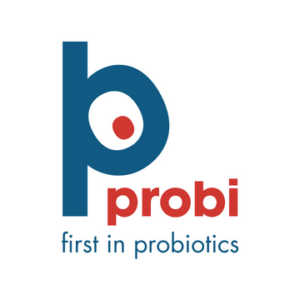Probi Digestis® is based on the probiotic strain Lactiplantibacillus plantarum 299v (LP299V®). LP299V® has been documented within several areas, all related to health benefits in the gut. It is described in more than 200 scientific publications and has been subject to more than 70 clinical studies. Clinical results have been shown within areas reaching from inflammation to metabolic health, with the major benefit being relief of symtpoms coupled to IBS. The clinically documented dose is 10 billion (10 B) CFU per day.
Probi Digestis® and LP299V® are registered trademarks of Probi AB.
Watch the probiotic mode of action of Probi Digestis®:


